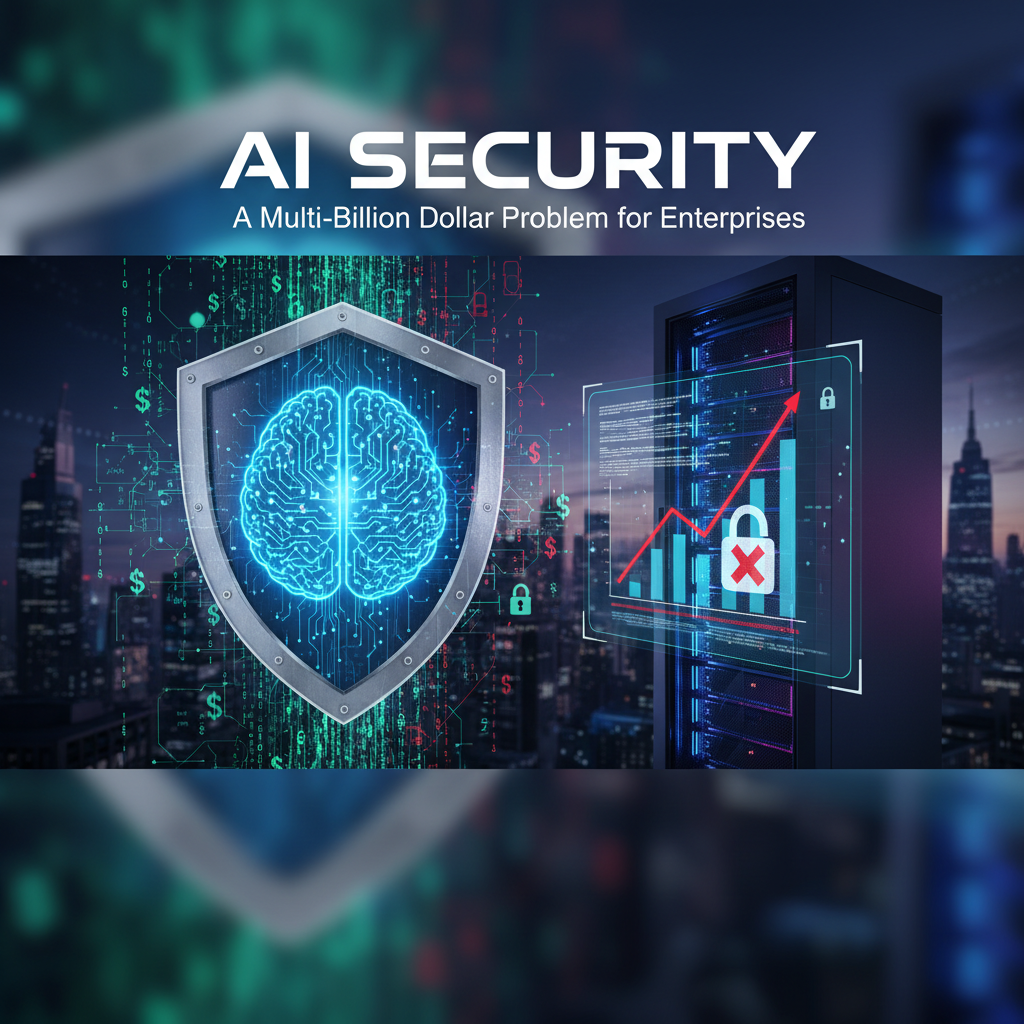Kana Emerges with $15M to Build AI Agents for Marketers
In a significant move for the AI marketing landscape, Kana, a newly launched startup, has emerged from stealth mode with a substantial $15 million in funding. This venture, spearheaded by the founders of Rapt and Krux, is poised to introduce a new generation of customizable, agent-based marketing tools. This infusion of capital signals a strong belief in the potential of AI to transform how marketers engage with their audiences.
The Vision Behind Kana
The core mission of Kana, as revealed in a recent TechCrunch article, is to empower marketers with flexible AI agents. These agents are designed to be highly customizable, allowing businesses to tailor their marketing strategies with unprecedented precision. The founders’ experience with Rapt and Krux provides a solid foundation for this new endeavor, indicating a deep understanding of the marketing technology space. The ‘why’ behind this is to build flexible AI agents for marketers, which will allow them to connect with their audience more effectively.
The ‘what’ is clear: Kana is building customizable, agent-based marketing tools. The ‘how’ they are doing this is by leveraging the power of AI to create tools that can be adapted to the specific needs of different marketing campaigns and business objectives. This approach promises to move beyond generic marketing solutions, offering a more personalized and effective engagement strategy.
Key Players and Their Backgrounds
The founders of Kana bring a wealth of experience to the table, having previously founded Rapt and Krux. These previous ventures likely provided them with valuable insights into the challenges and opportunities within the marketing industry. Their track record suggests a deep understanding of data, analytics, and customer engagement, which are critical components of any successful AI-driven marketing platform. The ‘who’ includes Kana and the founders of Rapt and Krux, bringing extensive experience to the table.
The Significance of the Funding
The $15 million funding round is a testament to the investor confidence in Kana’s vision. This financial backing will likely be used to accelerate product development, expand the team, and scale operations. This investment will enable Kana to compete effectively in a rapidly evolving market, where AI-driven marketing solutions are becoming increasingly prevalent. The ‘when’ of this funding was February 18, 2026, marking a significant milestone for the startup.
The Future of AI in Marketing
The emergence of Kana highlights the growing importance of AI in marketing. As the industry becomes more competitive and customer expectations evolve, marketers are constantly seeking innovative ways to connect with their target audiences. AI agents offer a promising solution, enabling businesses to automate tasks, personalize experiences, and optimize campaigns for maximum impact. This is where Kana aims to make its mark, offering the ‘what’ of AI marketing tools.
Conclusion
Kana’s entrance into the market, backed by substantial funding, signifies an exciting development in the world of AI-powered marketing. With a focus on customizable, agent-based tools, the company is well-positioned to disrupt the industry and empower marketers with the next generation of solutions. Keep an eye on Kana as it works to reshape the landscape of marketing technology.
Source: TechCrunch

